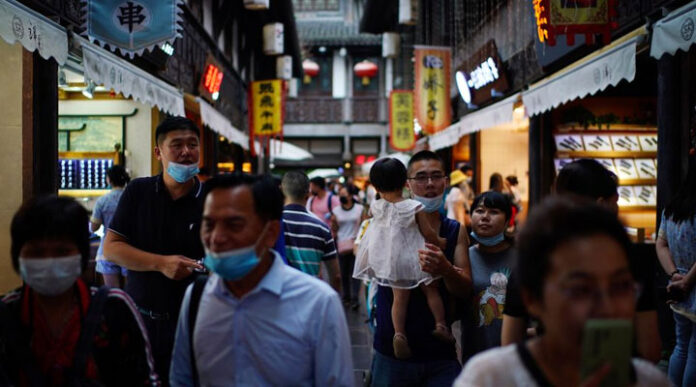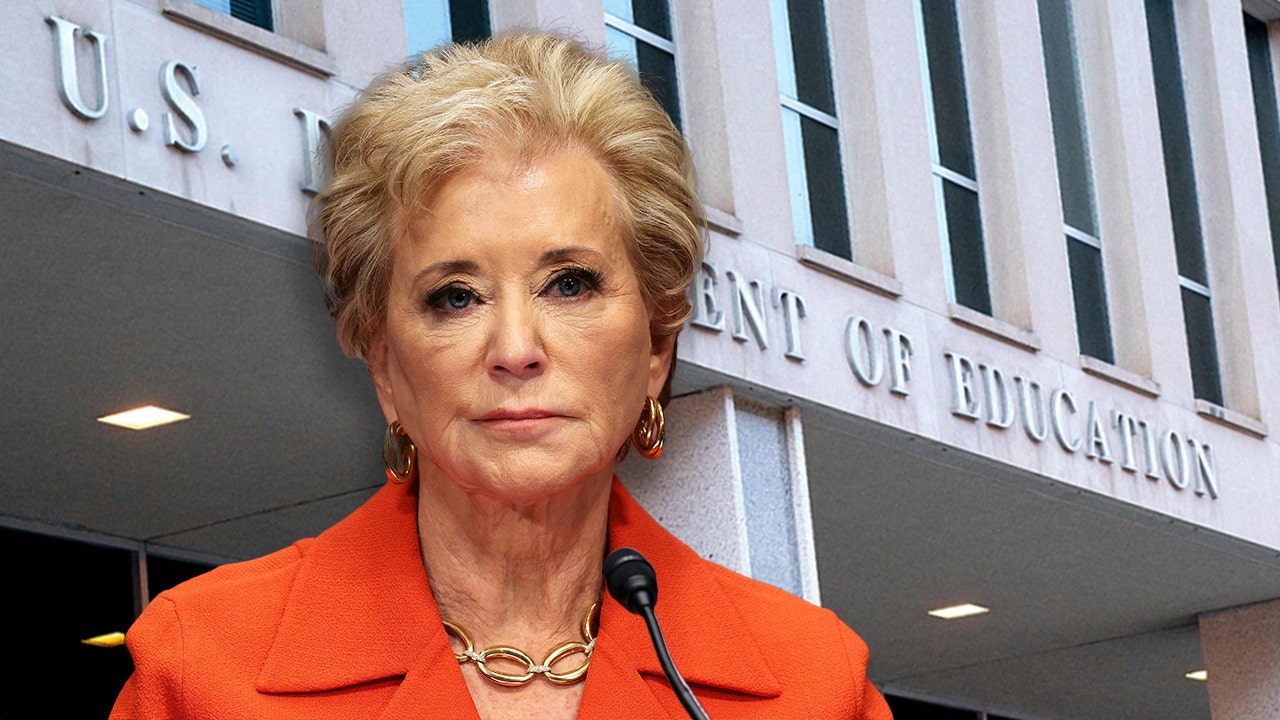As some of the country’s most populous and economically important cities battle outbreaks, the southwestern Chinese metropolis of Chengdu declared a lockdown of its 21.2 million residents and began four days of citywide COVID-19 testing.
Residents of Chengdu, the capital of Sichuan province, were ordered to stay at home beginning at 6 p.m. on Thursday, with households allowed to send one person per day to shop for necessities, according to a statement from the city government.
Chengdu, which reported 157 domestically transmitted infections on Wednesday, is China’s largest city to be shut down since Shanghai in April and May. It was unclear whether the lockdown would be lifted once the mass testing was completed on Sunday.
This week, other major cities, including Shenzhen in the south and Dalian in the northeast, imposed COVID restrictions ranging from work-from-home requirements to the closure of entertainment businesses in some districts.
The moves restrict the activities of tens of millions of people, exacerbating China’s efforts to mitigate the economic impact of its “dynamic-zero” COVID policy, which has kept China’s borders mostly closed to international visitors and has made the country an outlier as other countries try to live with the coronavirus.
Most of the curbs are only supposed to last a few days, but two provincial cities in northern China have gone above and beyond their initial promises.
Residents in Chengdu panic-shopped for necessities as a result of the city’s lockdown.
“I’m in a very long line to get into the grocery near my house,” Kya Zhang, 28, said, adding that she was concerned about access to fresh food if the lockdown was extended.
Hwabao Trust economist Nie Wen said that because Chengdu acted quickly to lock down, a repeat of Shanghai’s two-month ordeal was unlikely.
Non-essential Chengdu employees were asked to work from home, and residents were advised not to leave the city unless absolutely necessary. Residents who must leave their residential compounds for hospital visits or other special needs must obtain approval from neighborhood staffers.
Industrial firms engaged in significant manufacturing and capable of managing on closed campuses were exempted from the work-from-home mandate.
Volvo Cars of Sweden announced the temporary closure of its Chengdu plant.
Flights to and from Chengdu have been significantly reduced, according to Flight Master data. At 10 a.m. local time (0200 GMT) on Thursday, 398 flights had been canceled at Chengdu’s Shuangliu Airport, for a cancellation rate of 62%. 79%, or 725 flights, were canceled at Chengdu’s Tianfu Airport.
CURBS IN SHENZHEN
Shenzhen, which has the third-highest economic output among Chinese cities, suspended large events and indoor entertainment for a few days and ordered stricter checks of digital health credentials for people entering residential compounds.
Among other major Chinese companies, Nanshan is home to internet giant Tencent and the world’s largest dronemaker, DJI.
More than half of Shenzhen’s ten districts, which are home to more than 15 million people, have ordered a blanket closure of entertainment venues and a halt or reduction in restaurant dining for a few days, with curbs in two districts initially scheduled to be lifted by the end of Thursday.
Authorities in Shenzhen have mostly avoided closing offices and factories, as they did during a week-long lockdown in March.
According to data released on Thursday, Chinese factory activity fell for the first time in three months in August due to weakening demand, while power shortages and new COVID-19 flare-ups disrupted production.
After being closed for months, Shanghai schools reopened on Thursday.
Mainland China has not reported a COVID death since May, bringing the total to 5,226.





